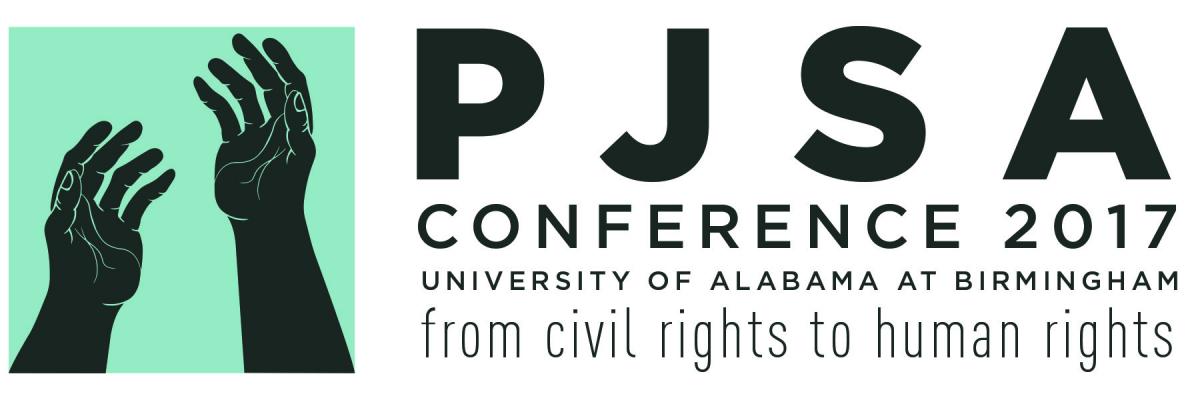Information on ‘Savage’, presented Thursday, October 28, 2017 at 4:30pm, during the 2017 Peace and Justice Studies Association conference
In the early 1900’s, in the interest of the newly formed field of anthropology, self-proclaimed African expert Samuel Verner was hired to travel to the Congo and acquire “pygmies” to be displayed with other indigenous people at the St. Louis World’s Fair. One of the forest people Verner secured was a man named Ota Benga, who was not only put on display in St. Louis, but two years later was also exhibited at the Bronx Zoo. Here he was housed in a cage with an orangutan, labeled a cannibal, and billed as “the missing link.” Thousands of people came to gawk and jeer at him and after almost a month of this degradation he was finally released due to the immense efforts of a group of prominent black ministers. He was then sent to a black orphanage in New York and finally to Lynchburg, Virginia where on March 20, 1916 he took his own life.
This astonishing story inspired Karla Koskinen, a professor in the Department of Theatre at UAB, to develop an original musical that would ensure Ota Benga’s story was not forgotten. The department is working with professional book and lyrics writer Tommy Newman (whose musicals have been performed off-Broadway) and composer Brad Carroll (whose work has been seen all over the globe including London’s West End) to create this work. Collaborating with professional artists of this caliber offers our students, faculty and audience the opportunity to participate in the exciting process of creating a new work.
“Savage traces the very different lives of the African Ota Benga and his American handler Samuel Verner as they illuminate the racial climate of America in the early 1900’s. Many important events collide during this time to make Ota Benga’s degrading display possible but we specifically examine the burgeoning field of anthropology that professed the superiority of the white man, Leopold’s hideous rule of the Congo, science as a justification for racism and Samuel Verner’s bizarre past and bouts of madness. The story will travel from St. Louis to Africa to New York and finally to Lynchburg, Virginia where Ota Benga forms a friendship with the Harlem Renaissance poetess and nature lover, Anne Spenser. Many believe it was Ota Benga’s inability to return home to his beloved forest in the Congo that led to his depression and suicide.” (Koskinen)


